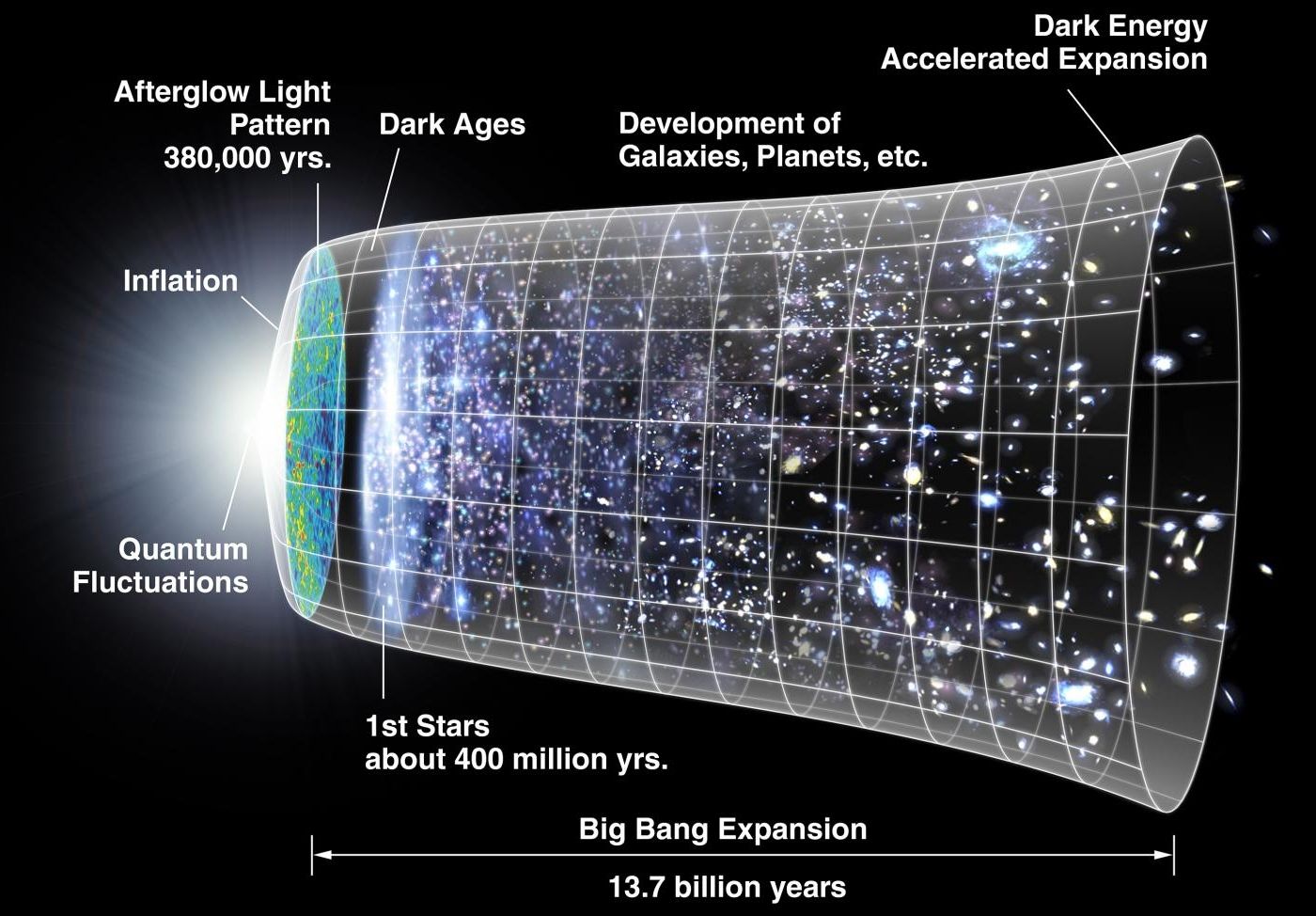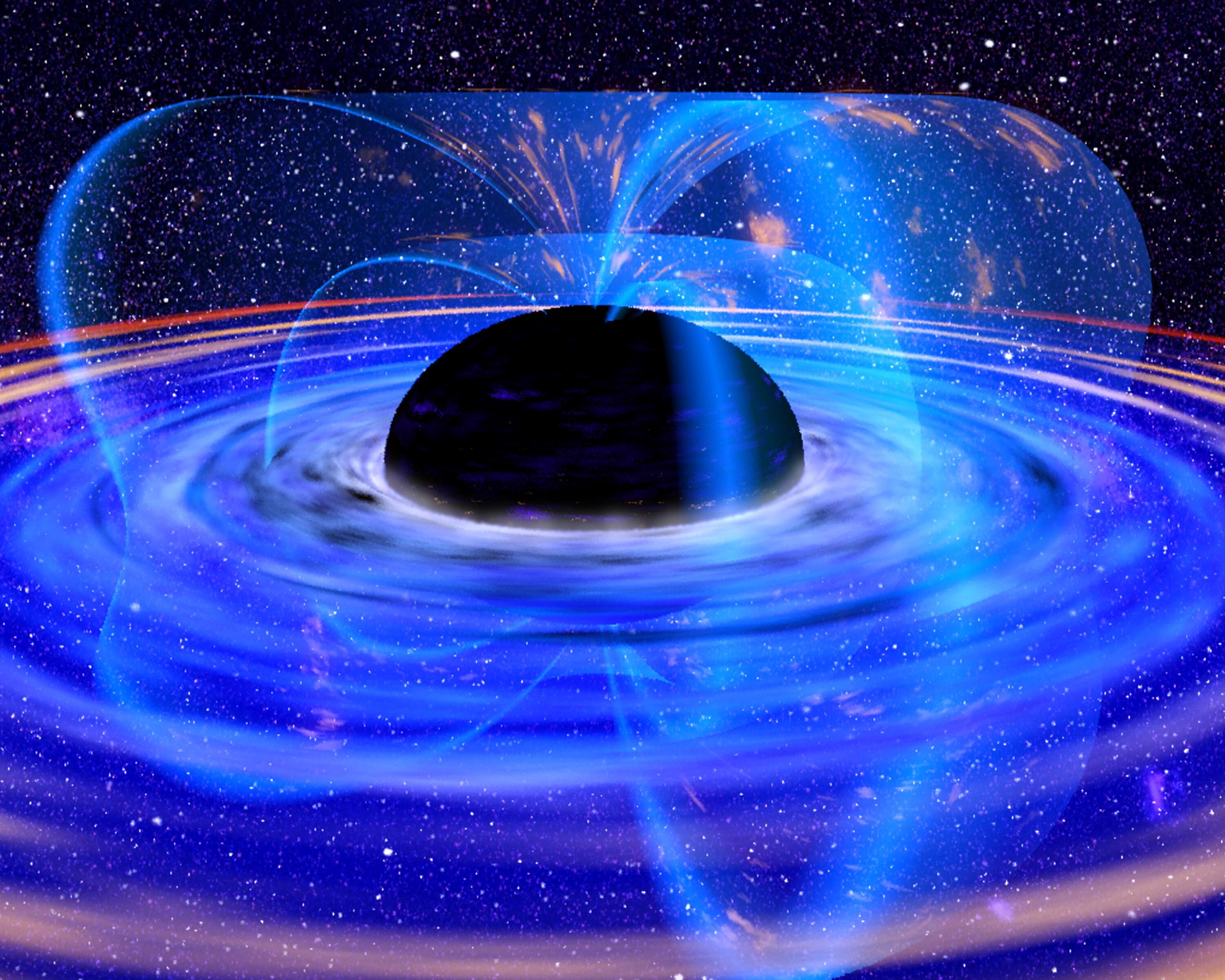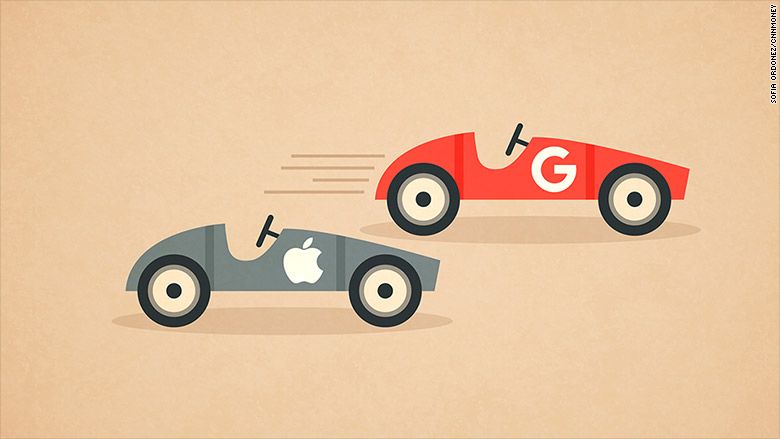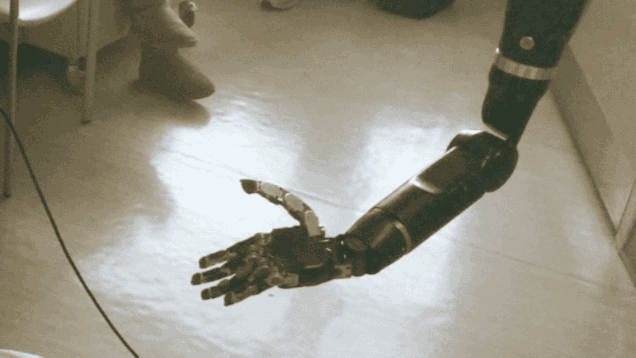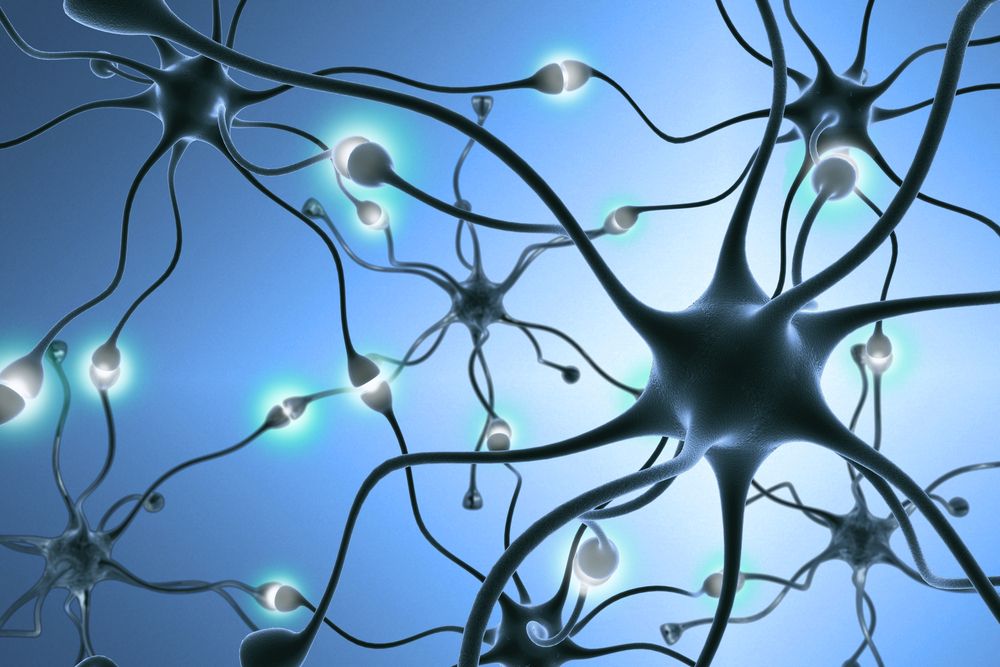If you have money in the stock market, I highly recommend that you buy as many shares of Alphabet, as much as you can, as soon as you can. Alphabet was spun out of it’s parent company, Google. It’s important, critical even, to take notice of the fact that all of Google’s “moon shot” R&D programs, from it’s X division to it’s marketing department, have been transferred to this new company. Why does this matter so very much? The answer to that question is this: The evolutionary scientific and engineering breakthroughs are nearing completion. When that happens, in the very near future, it is going to leave humanity in a state of stunned awe.
Welcome to the singularity, my friends.
Shares of Alphabet, the parent company of Google, rose nearly 4% Tuesday morning thanks to its strong earnings report.
As a result, Alphabet (GOOGL, Tech30) started the day with a market valuation of about $551 billion. Apple’s (AAPL, Tech30) stock fell 1%, pushing its market value down to $531 billion.
Alphabet — can I just call it Google in the way the Arsenio Hall barber character in “Coming To America” refused to refer to Cassius Clay as Muhammad Ali? — wowed Wall Street with its fourth quarter results after the closing bell Monday.
Read more
![]() Posted by Chloe Green.
Posted by Chloe Green.
